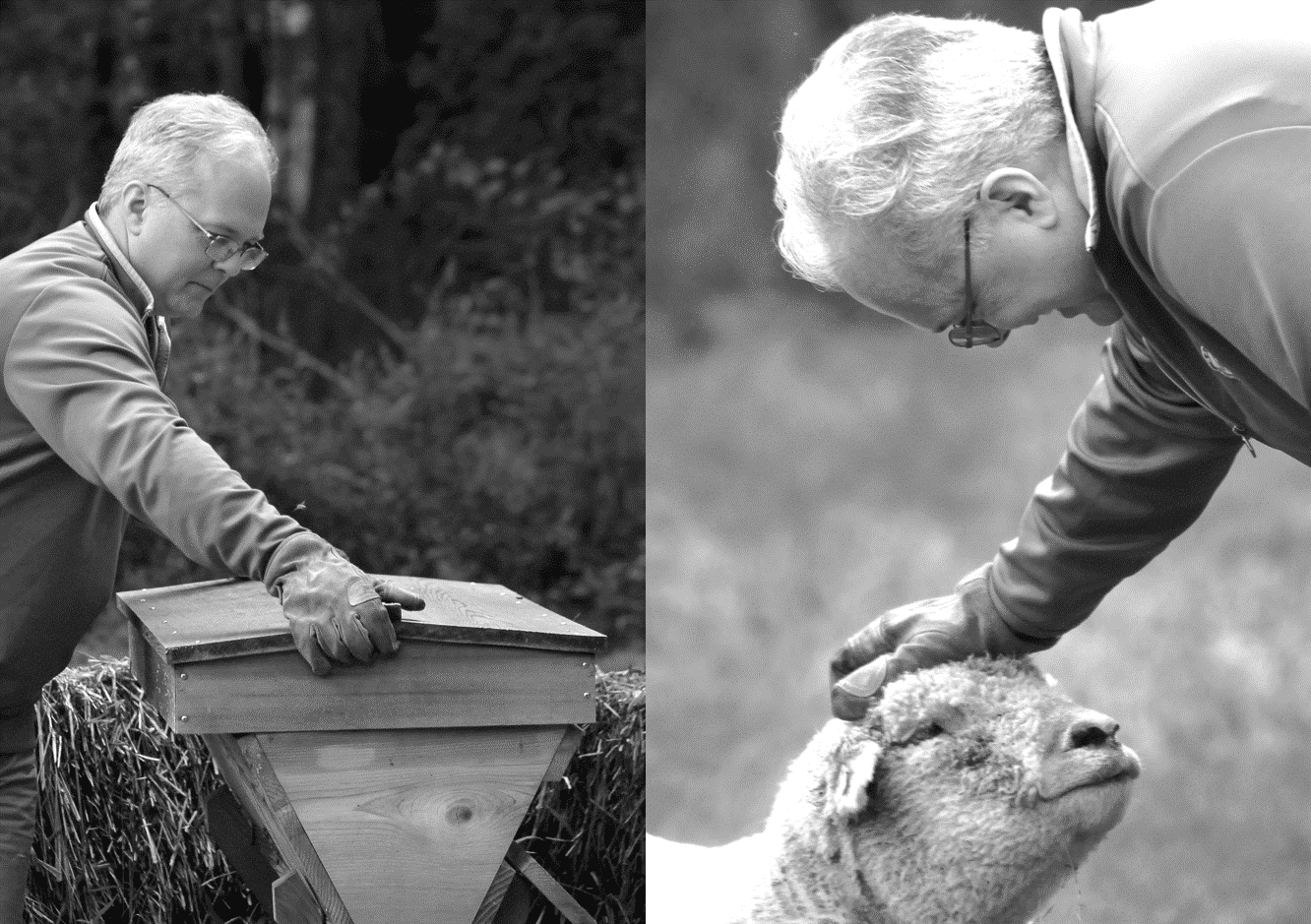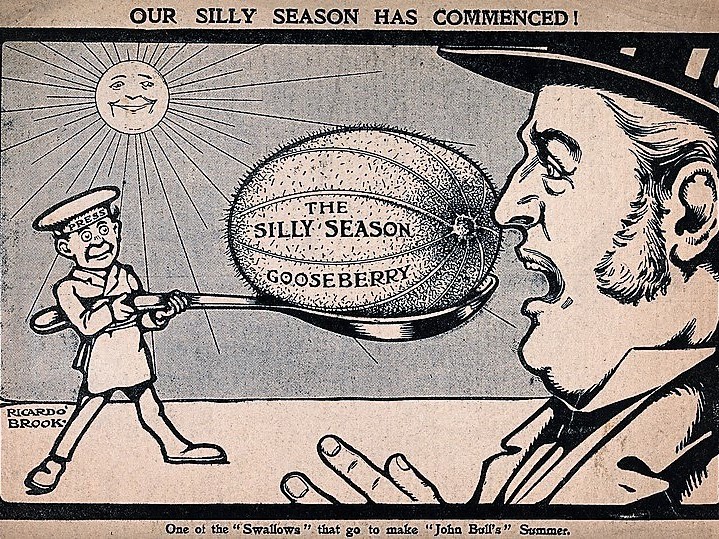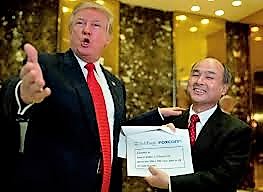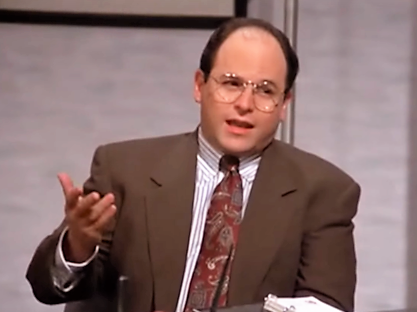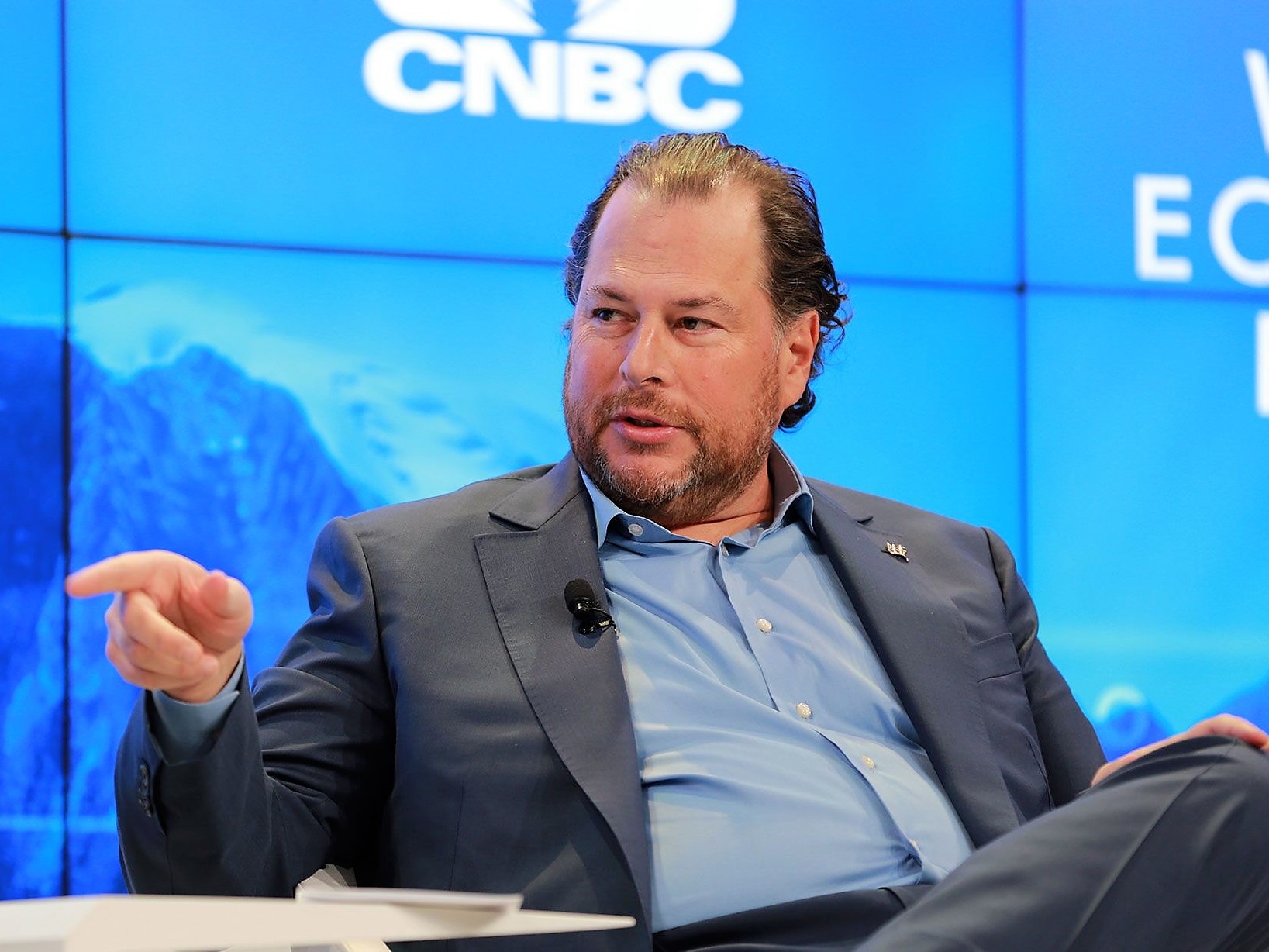Ben Hunt
Co-Founder and CIO
Ben Hunt is the creator of Epsilon Theory and inspiration behind Second Foundation Partners, which he co-founded with Rusty Guinn in June 2018.
Epsilon Theory, Second Foundation’s principal publishing brand, is a newsletter and website that examines markets through the lenses of game theory and history. Over 100,000 professional investors and allocators across 180 countries read Epsilon Theory for its fresh perspective and novel insights into market dynamics. As Chief Investment Officer, Ben bears primary responsibility for determining the Company’s investment views and positioning of model portfolios. He is also the primary author of materials distributed through Epsilon Theory.
Ben taught political science for 10 years: at New York University from 1991 until 1997 and (with tenure) at Southern Methodist University from 1997 until 2000. He also wrote two academic books: Getting to War (Univ. of Michigan Press, 1997) and Policy and Party Competition (Routledge, 1992), which he co-authored with Michael Laver. Ben is the founder of two technology companies and the co-founder of SmartEquip, Inc., a software company for the construction equipment industry that provides intelligent schematics and parts diagrams to facilitate e-commerce in spare parts.
He began his investment career in 2003, first in venture capital and subsequently on two long/short equity hedge funds. He worked at Iridian Asset Management from 2006 until 2011 and TIG Advisors from 2012 until 2013. He joined Rusty at Salient in 2013, where he combined his background as a portfolio manager, risk manager, and entrepreneur with academic experience in game theory and econometrics to work with Salient’s own portfolio managers and its financial advisor clients to improve client outcomes.
Ben is a graduate of Vanderbilt University (1986) and earned his Ph.D. in Government from Harvard University in 1991. He lives in the wilds of Redding, CT on Little River Farm, where he personifies the dilettante farmer that has been a stock comedic character since Cicero's day. Luckily his wife, Jennifer, and four daughters, Harper, Hannah, Haven and Halle, are always there to save the day. Ben's hobbies include comic books, Alabama football, beekeeping, and humoring Rusty in trivia "competitions".
Articles by Ben:
There’s something weird happening in Narrative-world, and I’ve been trying to figure out what it means since we published our monthly Narrative Monitors update last week (attached to this email). I still can’t figure it out, but instead of continuing to wrestle in silence, I’m going to tell you what I find odd and ask what you think it means … if anything.
I’m old enough to remember when Donald Trump, the President-elect of the United States, and Masayoshi Son, CEO of Softbank, had an impromptu press conference in the Trump Tower lobby to trumpet the FIFTY THOUSAND JOBS and FIFTY BILLION DOLLAR INVESTMENT that Softbank would be bringing to the US.
All based on a powerpoint deck.
I think it’s impossible to separate management self-enrichment through stock-based comp from the practice of stock buybacks.
You know, I was a big fan of stock buybacks back when I was running a fund, and I still think that most of the macro reasons to oppose stock buybacks are silly.
But when I look at it from a micro or individual company perspective, there is no doubt in my mind that stock buybacks have been totally hijacked by corporate management and boards over the past few years to sterilize exercised options and restricted stock units.
One day we will recognize the defining Zeitgeist of the Obama/Trump years as an unparalleled transfer of wealth to the managerial class.
Every now and then we come across an article or blog post that’s directly relevant to what we’re trying to say on Epsilon Theory, but is too big and thoughtful to be carved up for a Mailbag note or Zeitgeist post.
Make / Protect / Teach is a Big Tent.
If Carl Icahn calls up the CEO of GM and asks her how the UAW talks are going, it is illegal for Mary Barra to tell him anything that she does not also tell everyone else.
If Carl Icahn calls up the President of the United States and asks him how the China talks are going, it is perfectly legal for Donald Trump to tell him whatever he likes without obligation to tell anyone else.
I believe that we are on the cusp of the Long Now becoming irreversible. Or at least irreversible without a cataclysmic Fall.
Why? Because they have mastered the art of stealing our tells. At scale.
Here’s how we start to confound the stolen tells. At scale.
I’m not THAT into dominoes, but I am into figuring out what’s next for changes in the Fed narrative and how that impacts markets.
More evidence that the Common Knowledge around the Fed has shifted dramatically, and more evidence for where this shows up next in markets …
Marc Benioff, the billionaire CEO of Salesforce.com, says we need a New Capitalism … a kinder and gentler capitalism to rectify our modern culture of greed and massive wealth inequality.
Ray Dalio, the billionaire CIO of Bridgewater, says the same thing.
I think they’re both right.
I also think they should STFU.
